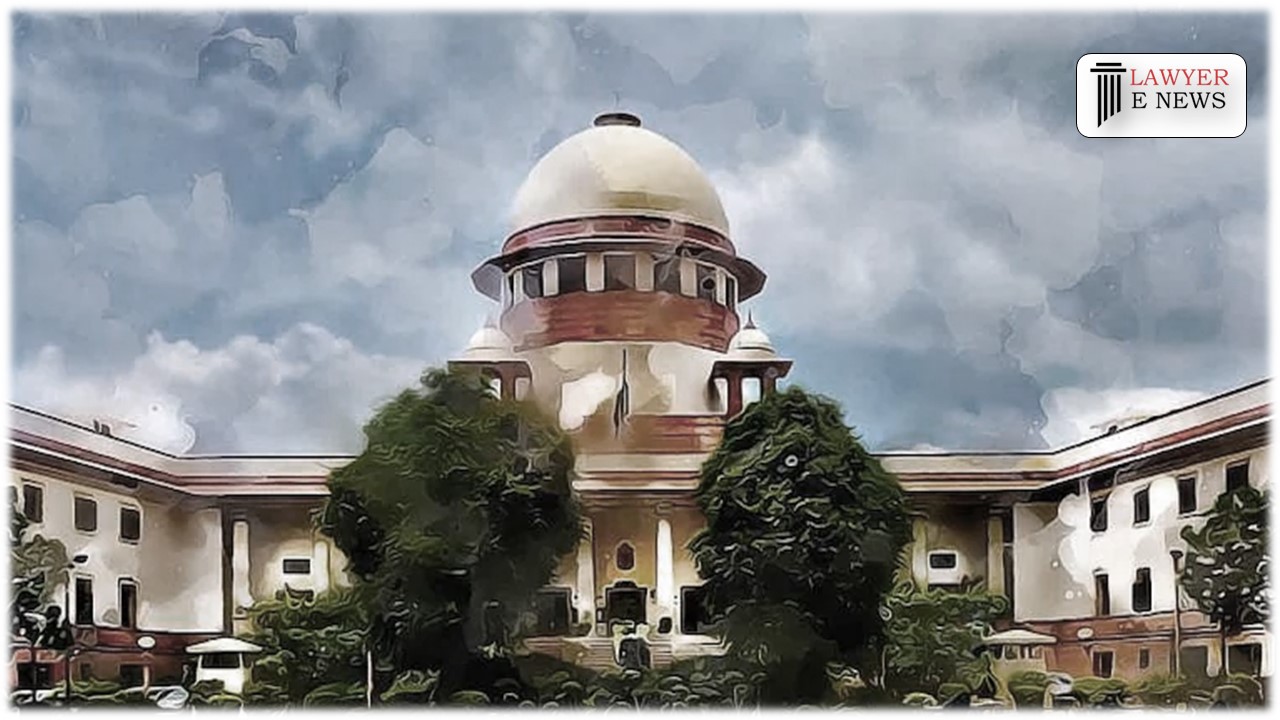-
by Admin
15 February 2026 5:35 AM



In a significant judgment, the Supreme Court of India has ruled that the selection process for Teachers in minority educational institutions in the state of Uttar Pradesh concludes only after the mandatory approval of the District Inspector of Schools (DIOS). The judgment was delivered in a batch of civil appeals filed by the State of Uttar Pradesh against the decisions of the High Court of Judicature at Allahabad.
The appeals, bearing numbers 1882-1884 of 2023, pertained to the selection and appointment of Teachers in minority institutions governed by the Uttar Pradesh Intermediate Education Act, 1921, and its associated Regulations. The primary issue before the Court was whether the selection process concluded before the amendment of the Regulations and whether the candidates acquired a vested right to be appointed.
The State of Uttar Pradesh argued that the selection process could only be deemed complete upon obtaining the approval of the DIOS as mandated by Section 16-FF(3) of the Act. It contended that until the approval is granted, no vested right to appointment is acquired by the candidates. On the other hand, the Respondents claimed that once the Management forwards the names of the selected candidates for approval, the selection process concludes, and the candidates acquire a vested right to be appointed.
After careful consideration of the statutory provisions and the relevant Regulations, the Supreme Court held that the selection process does not conclude until the approval of the DIOS is obtained. It emphasized the mandatory nature of the approval requirement under Section 16-FF(3) of the Act. The Court categorically stated that no vested right to appointment is acquired by the candidates until the approval is granted by the DIOS.
The Court also addressed the contention of the Respondents regarding the existence of a "deemed appointment" provision. It held that neither the Act nor the Regulations provide for such a provision, and subordinate legislation cannot override the statutory requirement of DIOS approval. Therefore, the argument of deemed appointment was rejected by the Court.
Furthermore, the Court addressed the issue of whether the vacancies should be filled based on the rules and regulations in force when the vacancies arose or as per the amended regulations. It held that the vacancies should be filled based on the rules and regulations in force at the time of consideration, not the rules in force when the vacancies arose. The Court referred to established principles and precedents to support its reasoning.
In light of its findings, the Supreme Court allowed the appeals filed by the State of Uttar Pradesh, set aside the judgments of the High Court, and rejected the argument that the vacancies should be governed by the unamended rules. The Court affirmed that the approval of the DIOS is essential for the selection process to conclude, and no deemed appointment arises.
This judgment clarifies the procedural requirements for the selection and appointment of Teachers in minority educational institutions in Uttar Pradesh and provides clarity on the role of DIOS approval in the process.
The State of Uttar Pradesh & Ors. vs Rachna Hills & Ors.
